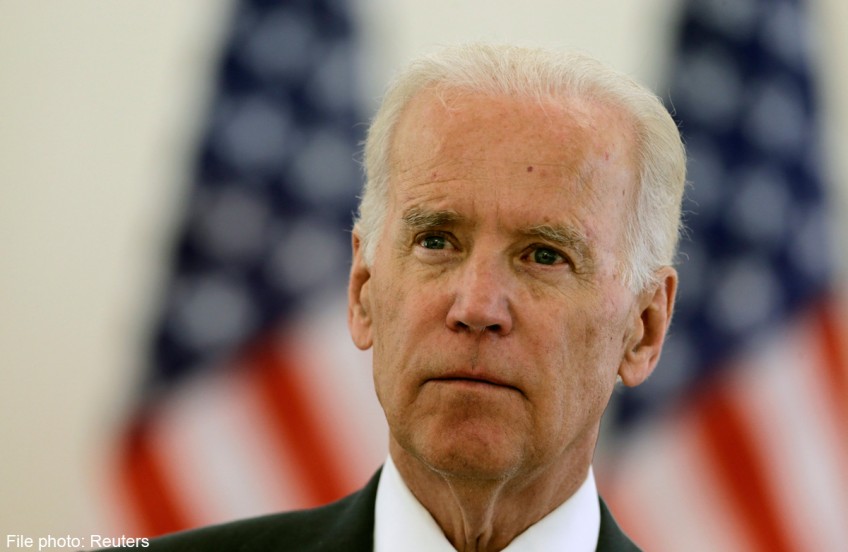US, Indonesia urge restraint in Sino-Viet sea spat

The United States and Indonesia have called for restraint in a worsening territorial dispute between China and Vietnam, but a visiting Chinese general said flatly that Beijing would not cede "an inch of territory passed down by our ancestors".
China's uncompromising stance came as a sense of calm returned to several industrial parks across Vietnam after several days of anti-China protests. At least one protest turned deadly, while others resulted in severe damage to factories owned by Hong Kong, Taiwanese and Malaysian companies.
The protests in Vietnam came after China deployed an oil rig to waters in the South China Sea claimed by both Hanoi and Beijing.
In a meeting in Washington, US Vice-President Joe Biden told General Fang Fenghui, the Chief of General Staff of the Chinese People's Liberation Army, that Washington had "serious concerns about China's unilateral actions" in the dispute with Vietnam.
Mr Biden added that "no nation should take provocative steps" to advance its territorial claims.
Indonesia, in a statement from its Foreign Ministry, also called for "maximum restraint", adding that "the use of force and violations of international law have no place in our region".
Gen Fang, who has been touring the US since Tuesday, said at a press conference at the Pentagon that China's right to drill was non-negotiable as it was operating in its own territorial waters. When asked if China would pull back the oil rig to reduce tension with Vietnam, the Chinese general added: "We do not create trouble. But we are not afraid of trouble.
"The territory which has (been) passed down by our ancestors into the hands of our generation; we cannot afford to lose an inch."
He also accused the international community of double standards, noting that several other countries, which he did not name, have also been drilling for oil in the South China Sea without attracting criticism.
"China has never drilled even one (oil well)," said Gen Fang. "But when China starts to do the drilling, we instantly become a threat to the region."
He also used the press con-ference at the Pentagon to defend Beijing's behaviour in other maritime disputes with its neighbours, accusing both Japan and the Philippines of forcing China's hand by trying to change the status quo.
Gen Fang further argued that Washington's strategy to "rebalance" to the Asia-Pacific had been used by some of China's neighbours to "stir up problems".
The chairman of the US Joint Chiefs of Staff, General Martin Dempsey, co-chaired the press conference with Gen Fang but did not respond directly to his criticisms of US policy in Asia.
However, an unnamed US official weighed in later with strong words, telling Reuters news agency that China's behaviour in the maritime disputes had raised "fundamental questions about China's long-term strategic intentions".
The US official was further quoted by Reuters as saying: "China's activities are straining the US-China relationship because it raises questions about our ability to partner together in Asia or even bilaterally."
This article was published on May 17 in The Straits Times.
Get a copy of The Straits Times or go to straitstimes.com for more stories.